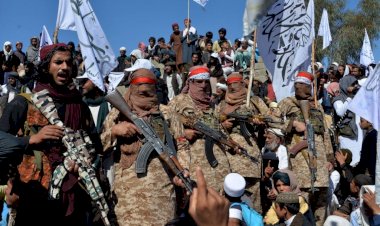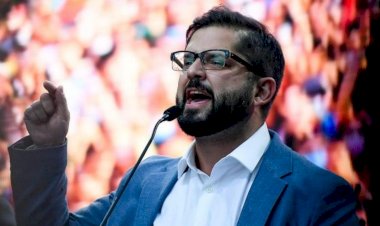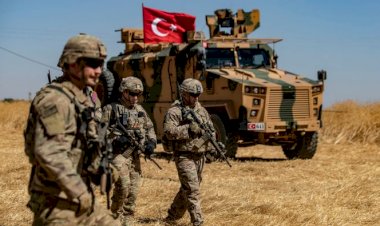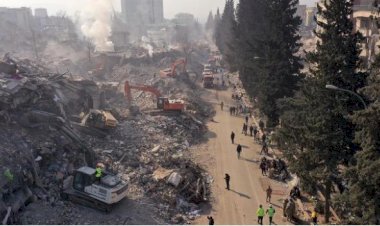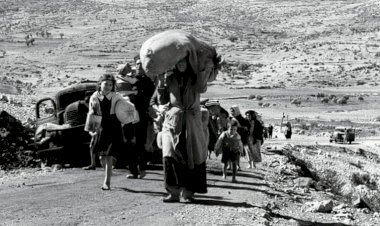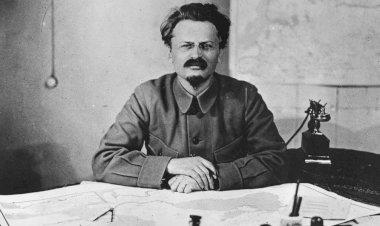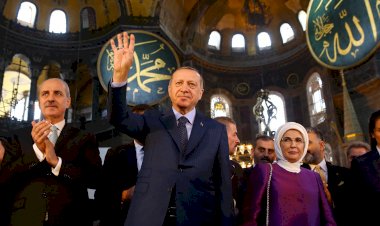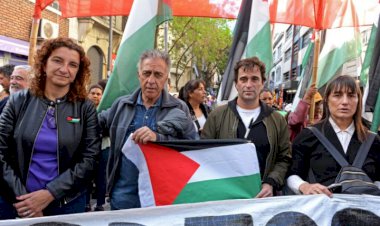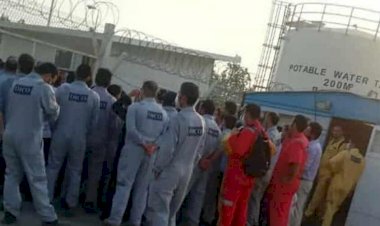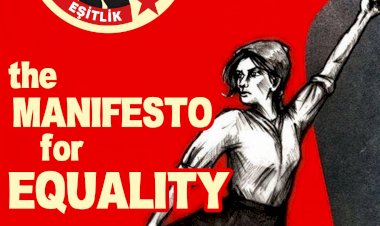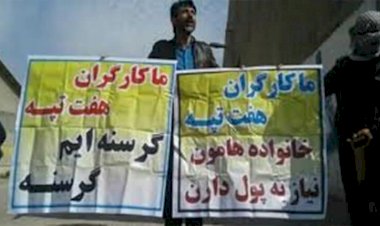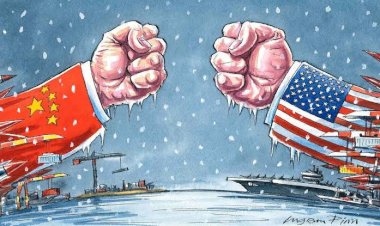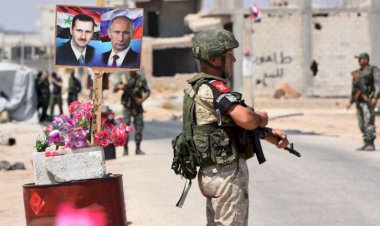Turkish Elections: Why Bourgeois Opposition Lost?
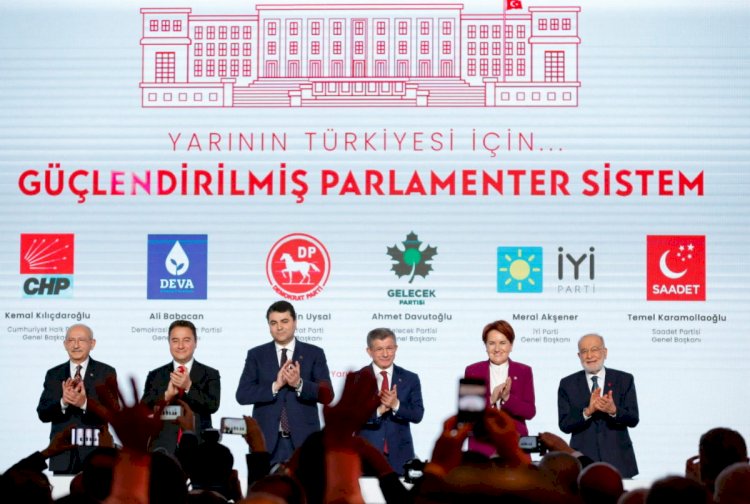
We have left behind the May 14 elections. The result was surprising to large sections of the social opposition. The positive atmosphere created by the survey results was replaced by widespread anger and disappointment. Whether the bourgeois opposition can change this disillusioned and hopeless atmosphere and lead the second round is a big question mark. Considering that Erdogan, who received 49.50% of the votes, and the People's Alliance (Erdoğan's far-right election front), which won the majority in the parliament, will go to the second round with great moral superiority and self-confidence. In particular, the failure of the election night to be managed despite the six parties that came together and the deep silence in the face of the allegations of fraud that followed will negatively affect the motivation of the opposition masses to go to the polls in the second round.
There are important lessons to be learned from the May 14 elections. To put it in the first place, it has been registered with the election results that Turkey is one of the frequent destinations of the rising right wind all over the world. In the hope of getting this wind behind him, Kılıçdaroğlu entered the second round of the campaign with fierce opposition to immigrants and the traditional right-wing rhetoric of the nationalist discourse.
we need to explain the fact that the Erdogan regime won the first round of the election, despite the economic crisis, disasters such as Covid 19, and the earthquake. However, the rise of far-right and Islamist actors such as Sinan Ogan, Zafer Party, and New Welfare Party is remarkable and the reasons for this should be considered. The SEP outlined the main points as to the reasons for these tendencies in its declaration.
It has been a long time since Turkey entered the election process and the ballot box was constantly pointed as the address for the solution of the problems faced by the people. The parties of Nation Alliance, especially the CHP, avoided mobilizing the society in the face of urgent economic and democratic problems, and making the people the subject of change as if an ordinary democratic election process would take place under Erdoğan. They thought that the problems experienced in the economy could be solved by an orthodox free market approach and purely technical measures to be put into practice once they came to power.
In this process, the government did not stand idle: They prevented a sudden explosion in exchange rates by selling billions of dollars, a stagnation in the economy, and an unemployment wave. In big cities, the economic crisis was felt deeply and this was reflected in the vote rates, just like in the 2019 local elections. However, when the AKP's vote depots in the provinces went to the provincial ballot boxes, although there was a slight decrease in the vote rates, it is seen that the crisis, corruption, and revealed mafiatic relations did not cause a dissolution. The polarization campaign based on ethnic and religious sensitivities created by Erdoğan and his partners benefited them to consolidate their support.
In the same way, it was observed that the power continued to exert its influence on the European voters, who included the majority of the abroad votes, despite the losses suffered. It is wrong to think that the only reason for the loyalty to the government among the voters abroad is the level of prosperity they can reach within the borders of Turkey with the jump in the exchange rate, as it is caricatured. Here again, it is necessary to see that especially with the government's polarization climate beyond the borders, a special effort carried out abroad provides an important power, and the diaspora, which is facing rising nationalism in Europe, has become more open to Turkish nationalism. Immigrants, who feel threatened by the far-right, buy the tale of big and powerful Turkey and "world leader Erdogan", as the experts say on TV.
The opposition must have thought that this polarization climate would dissipate by promising a regular operation in the economy or a return to neoliberal policies, technological transformation in production, a merit-based system in the public sector, a relative expansion in democratic rights and freedoms, and palliative solutions to compensate for the losses experienced by the working classes. However, with Kılıçdaroğlu's nomination as a candidate at the beginning of March, there was little time left in front of the opposition, and it was impossible to reach and persuade the poor conservative masses in the AKP's hegemony in this short period of time. In the election campaign, as embodied in the slogan "I promise, spring will come again", he appealed more to the world of the urban middle classes and the masses, who were already dissatisfied with the AKP, instead of convincing the "other neighborhood". And it was reflected in the election results that this campaign did never take the attention of the poor millions who did not break with the AKP even though their ties were weakened.
The Nation Alliance does not seem to have learned the necessary lesson from the dissolution of the political actors standing in the center, especially in the West, with the effect of the economic crisis. It was a mistake in itself to cling to it as neoliberalism was plunged into bankruptcy all over the world. The first-time voters, among whom Erdoğan is the least popular, turned to the far right and anti-migrant Ata Alliance or followed Muharrem İnce -until his withdrawal- who gave angry speeches. While the masses, who are dissatisfied with their lives, are waiting for more concrete solutions, the far right has been able to convert this anger into votes with hostility to immigrants. Conversely, it is possible to say that the social strata on which the Gezi Resistance of 2013 was built can find their expression in the TİP, which stands a little to the left of the CHP. The new political climate that will occur after the second turn (May 28) in Turkey, the economic crisis, and the reaction of the working class to this crisis will determine whether these two political tendencies can write a long-term story.
It is enough to look at the night of May 14 to see that the extraordinary regime that Erdogan has built will not go away by waiting for elections in our house and waiting for saviors.
Regardless of the outcome after May 28, Turkey will continue to be a country of great crises. Regardless of the extraordinary circumstances that may arise in the future, important challenges lie ahead. For the struggles for the interests of the working people, the socialists must establish themselves as an independent class power. Despair and disappointment must be far from us. Even in the most desperate conditions, the revolutionaries must find the ground on which they can exist and hold on to it with a dedication.



